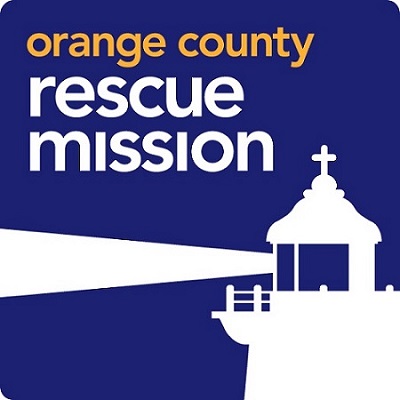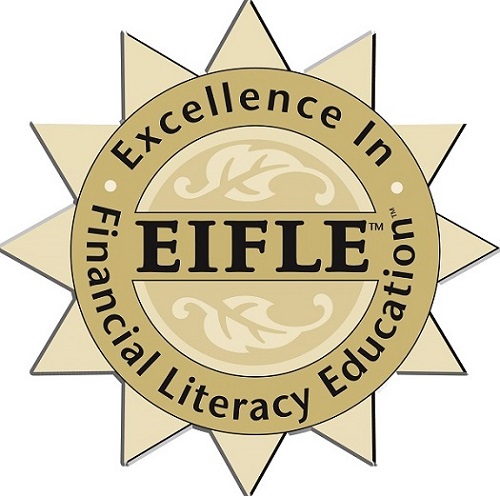Corporate Responsibility

Confronted with a vast amount of incoming data, today’s digital marketers are facing an on-going battle to keep up. According to Experian Marketing Services’ 2015 Digital Marketer Report, the biggest hurdles and key priorities for marketers this year are dependent on having accurate, enriched data that can be linked together in a central location for a complete customer view.

 The last decade was a tumultuous financial period for Americans.
In the mid-to-late 2000s, economic activity declined rapidly and marked the largest downturn since the Great Depression. It is estimated that Americans lost nearly $16 trillion of net worth during this time. To make matters worse, unemployment rates doubled. The booming U.S. housing market plummeted along with the stock market which caused a chain reaction in exposing significant flaws within the financial ecosystem.
The last decade was a tumultuous financial period for Americans.
In the mid-to-late 2000s, economic activity declined rapidly and marked the largest downturn since the Great Depression. It is estimated that Americans lost nearly $16 trillion of net worth during this time. To make matters worse, unemployment rates doubled. The booming U.S. housing market plummeted along with the stock market which caused a chain reaction in exposing significant flaws within the financial ecosystem.

Buying a home is one of the best times to know about your credit. According to a recent survey by Experian, many of those in the market for a home already know the wisdom of credit score insight. However, only half of recent buyers said they checked their credit when they first considered purchasing a home.

 The following article is a guest post from, John C. Linfield, Executive Director at the Institute for Financial Literacy
At the end of “Financial Literacy Month” here in the United States, it seems appropriate to take a moment and think about why we should become financially literate, and how we can use that to stay on track for the long term.
The following article is a guest post from, John C. Linfield, Executive Director at the Institute for Financial Literacy
At the end of “Financial Literacy Month” here in the United States, it seems appropriate to take a moment and think about why we should become financially literate, and how we can use that to stay on track for the long term.

 The following article is a guest post from Laura Levine, president and CEO of the Jump$tart Coalition for Personal Financial Literacy®
As we wrap up another Financial Literacy Month, it’s fun to look back at how far we’ve come; important to look forward at how much further we have to go; and compelling to look closely at how we’re making a difference.
The following article is a guest post from Laura Levine, president and CEO of the Jump$tart Coalition for Personal Financial Literacy®
As we wrap up another Financial Literacy Month, it’s fun to look back at how far we’ve come; important to look forward at how much further we have to go; and compelling to look closely at how we’re making a difference.

 With the objective of supporting the local community and helping Orange County residents overcome financial issues, we have partnered with the Orange County Rescue Mission (OCRM) to spread financial literacy by providing residents with the insight and resources to guide them on a journey to independence.
With the objective of supporting the local community and helping Orange County residents overcome financial issues, we have partnered with the Orange County Rescue Mission (OCRM) to spread financial literacy by providing residents with the insight and resources to guide them on a journey to independence.

A recent report by the Consumer Financial Protection Bureau (CFPB) found that many people are confused and frustrated about how to check credit reports and scores and they feel they lack information to take action to improve their credit histories. I have to admit that I was not surprised by some of the survey’s results, and I suspect my colleagues in financial literacy weren't either. We devote our careers to educating consumers, financial educators and businesses about how to empower people to understand credit and the role it plays in their everyday lives. But it's a steep uphill climb. As a new federal agency, the Consumer Financial Protection Bureau is a relative newcomer to the financial literacy arena, but many of the people working in its education division have years of knowledge and experience in the field. I've met and worked with a number of them, and I have great respect for the focus they are bringing to such an important issue. Many others -- in the public sector like the Federal Trade Commission, and non-profits like the Mission Asset Fund and the Consumer Federation of America's America Saves, and companies like Experian -- invest in, conduct and work together on programs with the sole focus of helping people become more financially capable.

 Are you in the dark with your finances? Take control this April during Financial Literacy Month and join Experian as we provide education and resources to help light the way to financial literacy.
Experian is a long-time advocate for financial education and empowerment for consumers. As a result, we are teaming with the Jump$tart Coalition® this month to encourage people to take time to think and talk about their own money matters. We want to encourage people to take full advantage of all of the available resources designed to improve their financial literacy and well-being.
Are you in the dark with your finances? Take control this April during Financial Literacy Month and join Experian as we provide education and resources to help light the way to financial literacy.
Experian is a long-time advocate for financial education and empowerment for consumers. As a result, we are teaming with the Jump$tart Coalition® this month to encourage people to take time to think and talk about their own money matters. We want to encourage people to take full advantage of all of the available resources designed to improve their financial literacy and well-being.
